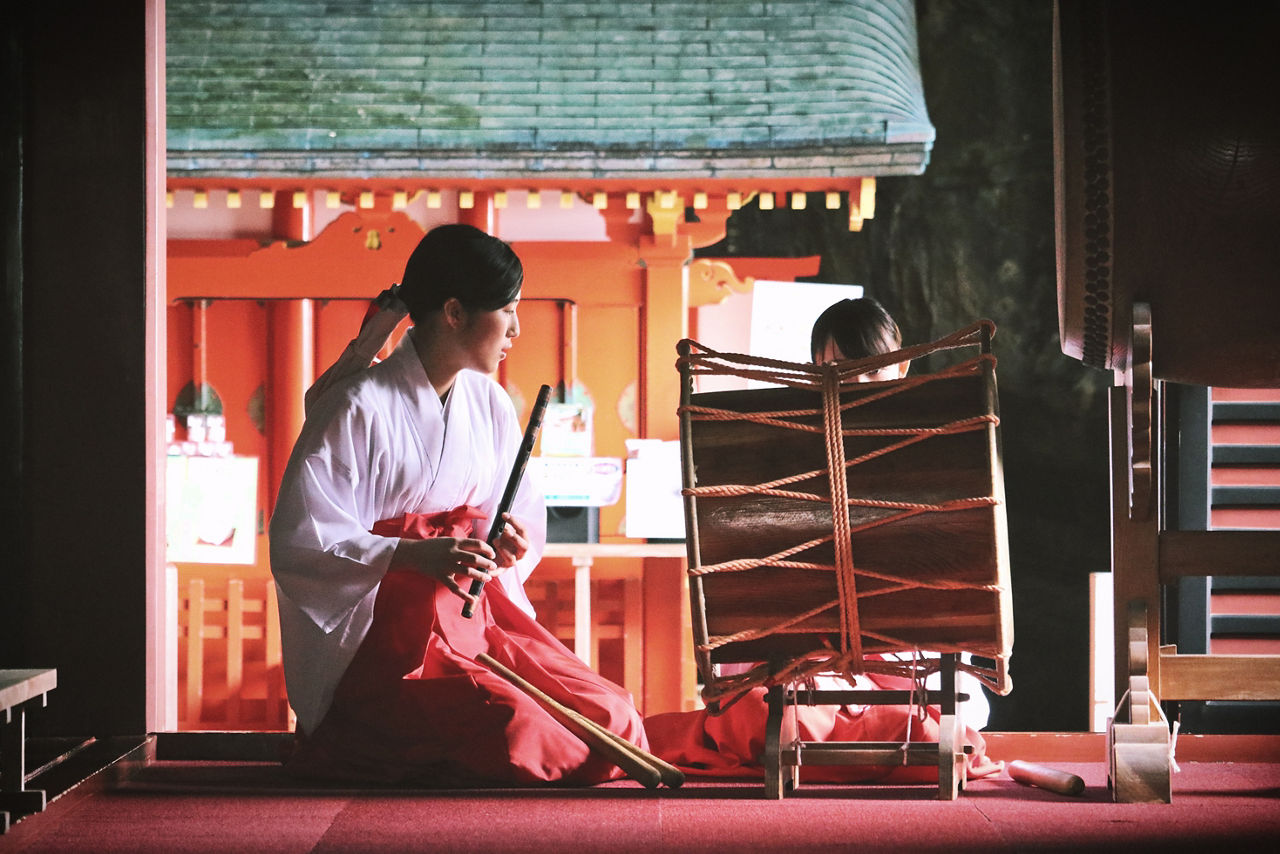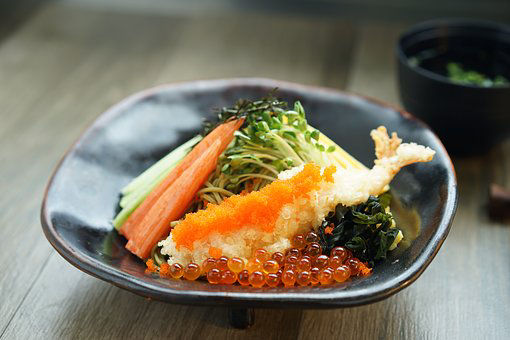Japanese mums set high standards for their kids’ bento box meals, rising early to prepare an elaborate selection of healthy items that look pretty too. (Image courtesy: Pixabay)
Lesson #5: Meal Preparation Is Crucial
While most urban mums succumb to their busy lifestyle and pack easy-to-make meals for their kids, Japanese mums believe in meticulous meal planning, especially when it comes to their children’s lunch boxes. After all, the right nutrition can help strengthen their immune system and will work wonders for their development.
Buechner writes that even if this means getting up earlier than everybody else in the family, Japanese mums make the effort to prepare elaborate multi-item meals. They also make sure that they are colourful enough to entice children so they eat every healthy item on the plate.
"Japanese moms set high standards for their children’s bento box meals, rising early to prepare an elaborate selection of healthy items that look pretty too — fish, vegetables, tofu, seaweed, rice balls shaped like animals or plants," she writes.
She also noted that this was a culture most schools wanted their children to adopt. "Fall short and the teacher might say something," she adds.



